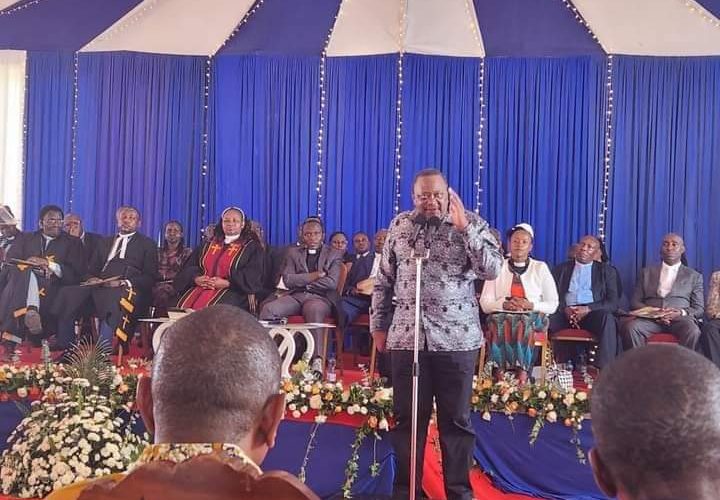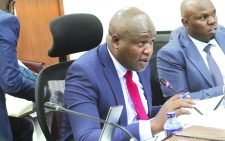Politics of deceit that demonised Uhuru backfirings

What if we are all thinking about 2027 and doing the tribal mathematics and the tyranny of numbers kind of deceit yet the voters have moved on?
What if leaders plan to coalesce along different kingpins and the electorate evaluates all of them along their immediate past records and how in the last 20 years these leaders have defined themselves against the plight of Wanjiku?
With Mt Kenya at centre stage after Limuru III, the perceived tribulations of Riggy G are increasingly seen by the mountain as mirroring the struggles of the common mwananchi in the region. The ongoing political odyssey is galvanising the region, potentially paving the way for a new leader to emerge as the kingpin.
The narrative that falsely painted President Uhuru Kenyatta as the enemy of Mt Kenya, rallying the community around a non-native, is now backfiring. Those who once spread hateful and hurtful propaganda against Kenyatta are now seeking forgiveness.
Last week, I argued that we often give politicians too much credit and blame them for things they might not have the wherewithal to solve. Listening to a few of them reveals a political class largely out of touch and bereft of ideas.
During election season, politicians rely on village hoodlums to mobilise desperate idlers with cheap liquor. This begs the question: why is a politician, who previously led hateful attacks against his own community leaders, now claiming he was deceived?
If this politician was truly lied to, what was his role in the deception? In his public cries for forgiveness, he emerges as the very person who, along with allies-turned-foes, deceived the people of Mt Kenya for selfish gains. The public outcries at rallies reveal a betrayal of the people for personal benefit.
Now, the very issues they once attacked have become rallying points under the banner of “one man, one vote, one shilling”. Our politics is indeed an enterprise of deceit, and any falling out within the regime should be viewed through the lens of deception rather than public interest.
Even if some regime luminaries have grievances rooted in deceit, now is not the time for ethnic-laden lamentations and divisive politics. Travelling around the country coalescing as duped leaders won’t work like it did in 2022. Voters probably moved on.
Solving tribalism through tough political rhetoric is unfounded and irrelevant. It’s akin to leaders who, having grown up poor, now give more to religious organisations out of newfound opulence. Such tokenism, though noble, defeats logic when it becomes a politically expedient gesture rather than a commitment to building sustainable socio-economic foundations.
Kenyans will coalesce along tribal lines as long as these groupings are seen as pathways to socio-economic security. Solving these insecurities requires more than political rhetoric. Regime luminaries who attack Mt Kenya leaders for coming together have the power to address Kenya’s socio-economic insecurities.
The “one man, one vote, one shilling” mantra, now endorsed by Hon Kalonzo Musyoka, could become the new political currency, unstoppable in its momentum and it may awaken a new a tribal consciousness.
But what if the hustler narrative did not end with the campaigns in 2022? You see, 2022 saw voters believe that for once the guys at the bottom of the pyramid will own houses and homes, will have a dignified life, will deconstruct the dynasties. The messages were real, the belief was there, the convictions in the political rhetoric was real.
What if this reality sunk and as 2027 approaches the hustlers start taking stock of their gains? How many will have houses and how many will be looking at their payslips and doing the maths on income lost in the name of houses they own not?


